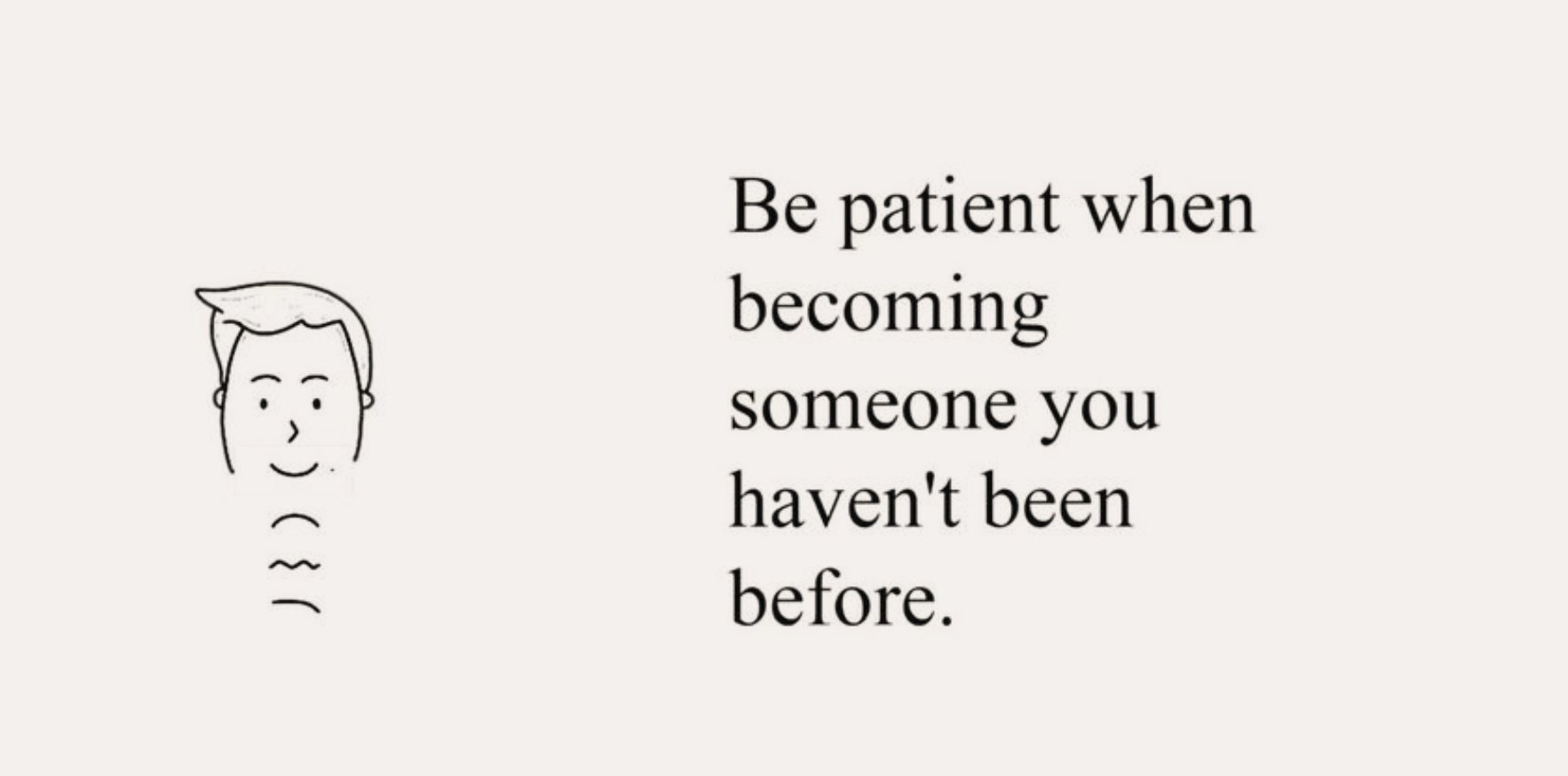Taming the inner critic
You sometimes struggle with self-doubt, but it's essential to recognize this critical voice inside you. It's like having a personal inner critic that judges your thoughts and actions rather harshly.
In my work, I often hear people talk about their inner critic's abusive attacks. It tends to use the pronoun "you" and can be quite relentless. You're not alone in experiencing this; it's common for people to have an inner critic. The inner critic is an inherent part of our nervous system and won't just disappear.
Although the inner critic's methods may seem harsh, it's actually trying to protect you. It's hyper-aware and continuously scanning for potential threats in your environment. The inner critic perceives everything, especially other people, as possible threats to your survival. It tries to motivate you to develop qualities that society rewards, like competence, by pushing you through self-criticism.
Sometimes, the inner critic's alarms might be justified, serving as emotional wisdom. However, it's essential to understand that this inner critic's voice is shaped by your past experiences. Often, it mirrors phrases used by significant figures in your life during your formative years.
The inner critic's harshness can also depend on your sensitivity to shame, your mood, and the situation you're facing. For instance, during challenging times, many people felt their inner critic intensify as they compared themselves to others who seemed to be thriving.
Suppressing or ignoring the inner critic might seem like a temporary relief, but it can lead to psychological depletion and other negative effects. Instead, cultivating mindfulness and learning to live with your inner critic is a valuable skill that you can develop.
Here are some mindfulness-based strategies to manage your inner critic:
Name your inner critic: Give your inner critic a name and create a fictional backstory for it. This can help you distance yourself from its negative thoughts and understand its motivations better.
Engage in mindful dialogue: Practice mindful dialogue with your inner critic. Be curious and compassionate toward its messages, acknowledging their presence without judgment.
Offer counterevidence mindfully: When your inner voice says something negative, mindfully cite examples that contradict these thoughts. Be gentle with yourself, and remember your strengths and accomplishments.
Embrace painful thoughts and emotions: Instead of avoiding or suppressing negative feelings, practice mindfulness to be open to them. Observe them without judgment and let them pass without getting entangled in them.
Stay mindful in social comparisons: Recognize when your inner critic uses social comparisons to make you feel inadequate. Mindfully remind yourself that everyone's journey is unique, and you are on your own path.
Practice regular mindfulness: Cultivate a daily mindfulness practice to become more aware of your thoughts and emotions. This can help you respond more skillfully to difficult experiences and cultivate greater peace and self-compassion.
Use the inner critic for growth: Once understood, the inner critic can be useful. It can help you lead a values-driven life. When it highlights areas where you can improve, approach it mindfully, and use the experience to align your actions with your values.
Remember, mindfulness is a powerful tool for dealing with your inner critic. Regular practice and patience can lead to greater self-awareness and a more compassionate relationship with yourself.
Whether you're struggling with stress, anxiety, or self-doubt, or seeking personal growth and self-improvement, mindfulness coaching can help you gain clarity, build resilience, and enhance your overall well-being.
During your complimentary session with me, you'll have the opportunity to discuss your goals and concerns in a non-judgmental and confidential environment.
You'll also learn more about how mindfulness coaching can benefit you and support you in navigating life's challenges with greater ease and confidence.

